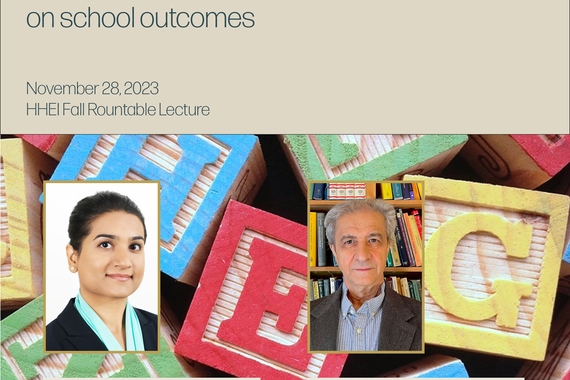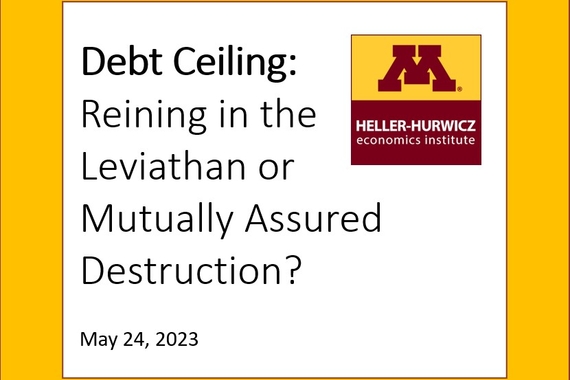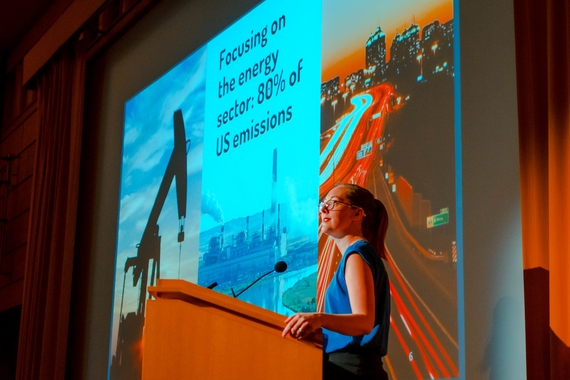Past Events
Below you may a find a selection of our past events:

In conversations about educational achievement, questions about what shapes our life outcomes persist. This event, with speakers Anusha Nath of the Minneapolis Federal Reserve and Aldo Rustichini of the University of Minnesota, attempts to identify whether genetics or life choices hold more weight in the direction of our lives.
This event will explore educational achievement and outcomes using two new working papers that employ significantly different data sources in an attempt to answer the same questions: What affects differences in educational attainment and income? At what point does race and gender matter?
For a video recording of this event, click here.

Professor Larry Jones has been a pillar of Minnesota Economics since he joined our faculty in the fall of 1999. Since then he has influenced and advised many students, and we were honored to host a conference in his honor.
See the full conference program and pictures from the October 27, 2023 event here.

In June president Biden signed the Debt Limit Bill, avoiding a U.S. Default. Before then, there were many questions about the state of the U.S. economy and fiscal policy, which our economic experts attempted to answer. Featuring panelists Chris Phelan, Marco Bassetto, and Cristina Arellano of the Minneapolis Federal Reserve Bank, and moderated by professor Kjetil Storesletten, this webinar includes a 10-minute presentation from each panelist, followed by a 30-minute Q&A with audience questions.

On Tuesday, April 18, 2023 Professor Catherine Hausman of the University of Michigan joined faculty from the Department of Economics to discuss the challenges in transitioning to clean energy and a carbon-neutral future.
Decarbonization policies are ramping up around the world to address the growing recognition that climate change is hurting the environment, the economy, and people's well-being. These decarbonization initiatives are addressing crucial market failures. At the same time, they face challenges. Professor Hausman will draw from her research on electric and gas utilities, on methane leaks, and on equity considerations to illustrate some of these challenges and to propose solutions to address them.